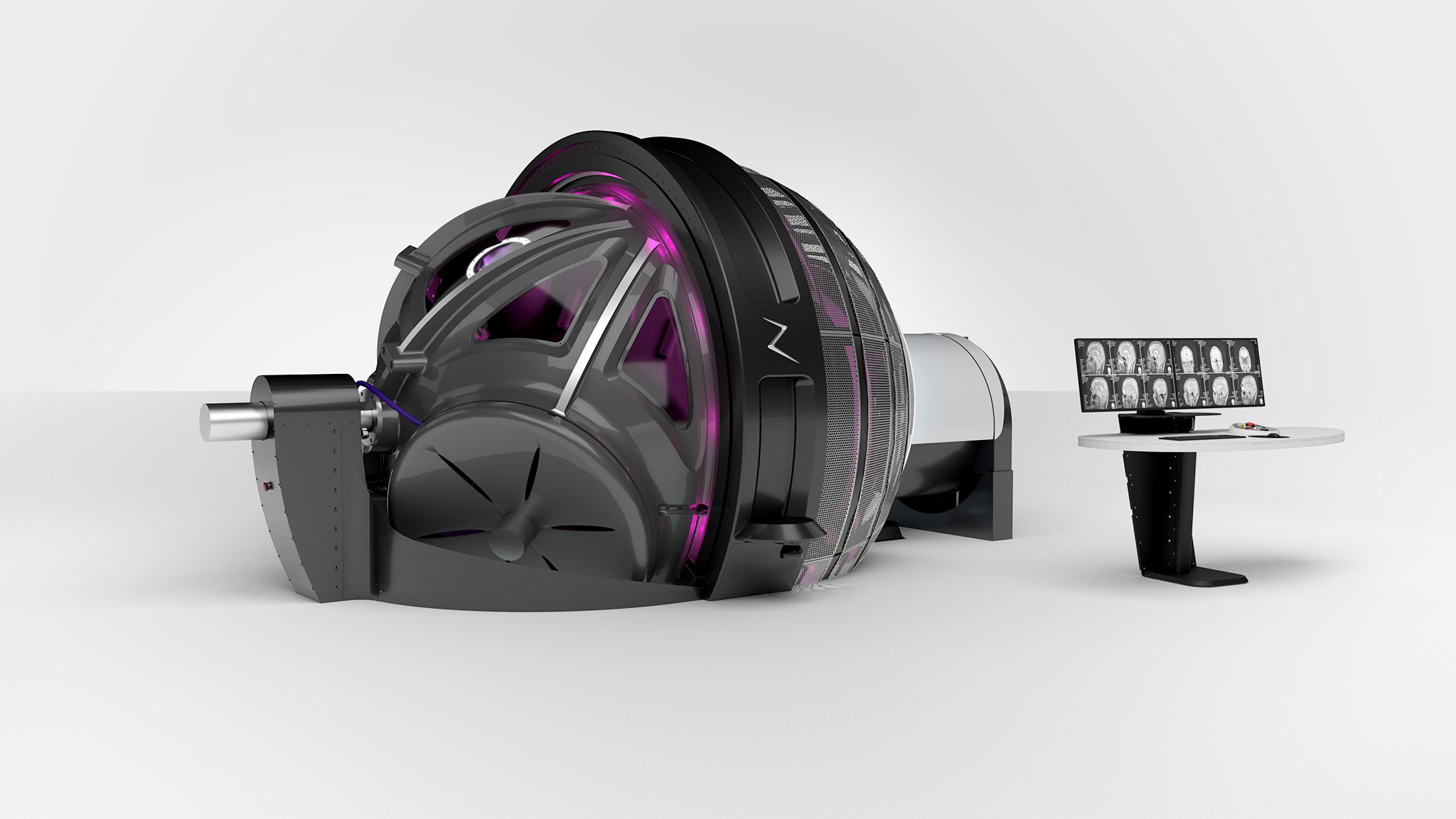By bringing world-class radiosurgery to a community that previously lacked access, Bonifatius Hospital looks to empower urban and rural spine neurosurgeons to expand their practices, while solving critical referral challenges.
Located 150 miles southwest of Hamburg is Lingen, a small town in Northern Germany with a population of only 52,000. Located within is Bonifatius Hospital, a small community health provider serving a referral population of less than 250,000. While relatively unknown compared to the large academic hospitals of Berlin, Hamburg, and Munich, Bonifatius Hospital is among the busiest robotic spine units in the world, performing more than 300 procedures per year.
Like many neurosurgeons, I’ve been personally affected by brain tumors, having lost both my mother and my best friend to the disease. In an ironic twist, I’ve worked a lifetime to obtain the knowledge and expertise that could have possibly saved them, yet lacked access to the capital, technology and tools, such as stereotactic radiosurgery (SRS), needed to provide world-class care for similar brain tumor patients across my community.
A Standard of Care Often Out of Reach
Radiosurgery is a non-surgical therapy that uses high-dose, high-precision radiation to treat tumors in the brain while preserving surrounding healthy tissue. SRS is an outpatient procedure that’s quick and painless compared to traditional surgical options, and is well recognized as an effective and safe treatment for many patients.
However, given Bonifatius Hospital’s location and relatively small size, immediate access to radiosurgery was inconceivable in the past. Capital acquisition and maintenance expenses of Cobalt-based SRS systems were exorbitant. Meanwhile, the costs of a shielded radiation bunker and the dizzying complexity of hybrid radiotherapy systems were prohibitive for a neurosurgical practice. As a result, scarce availability of SRS treatment has remained heavily concentrated in large urban hospitals.
For eligible patients in Lingen, that’s a referral more than 2.5 hours away.
New Technologies Present New Opportunities
With recent advances in SRS technology however, new possibilities have emerged, not only for patients in small communities, but also for the enterprising spine neurosurgeon.
By replacing legacy use of Cobalt with a modern linear accelerator, ZAP Surgical and its ZAP-X Gyroscopic Radiosurgery platform have overcome a key obstacle in bringing world-class radiosurgery to communities that previously lacked access. No more costly and recurring radioactive source replacements, no more regulatory bureaucracy, no more heightened security protocols.
And unheard of until now, the device itself is self-shielded, thus eliminating the $1M+ radiation vault requisite with historical SRS systems.
But of equal importance, it is tailored exclusively to intracranial SRS, without the complex functionality necessary for adjacent medical specialties to treat lungs and prostates. In essence, the simple and elegant usability of the system doesn’t “require a brain surgeon” to operate.
Pivoting the Practice
These advances now allow urban and rural spine neurosurgeons – both in the hospital and private practice – to move beyond treating just spinal disorders, arthritis and sports injuries. They provide an exciting opportunity to expand and build the practice to both the brain and spine, while also allowing a return to our neurosurgical roots.
Later this year, Bonifatius Hospital looks forward to being the first provider in Europe to take delivery of this latest SRS technology. Based on local demographics and a significantly lower cost of operation, we expect to recoup our initial investment in just 12 to 18 months.
But most importantly, we look forward to managing more of our patients independently, reducing the need for outside referrals, and ultimately, providing best-in-class care for our local community.
That’s good for the patient, and good for the provider.


